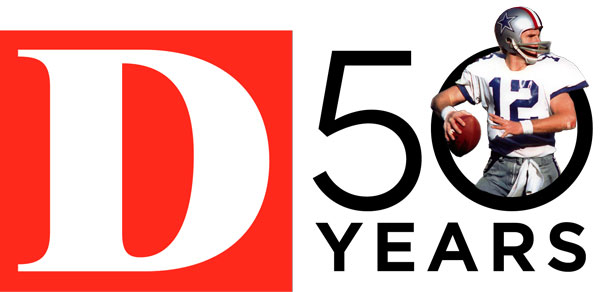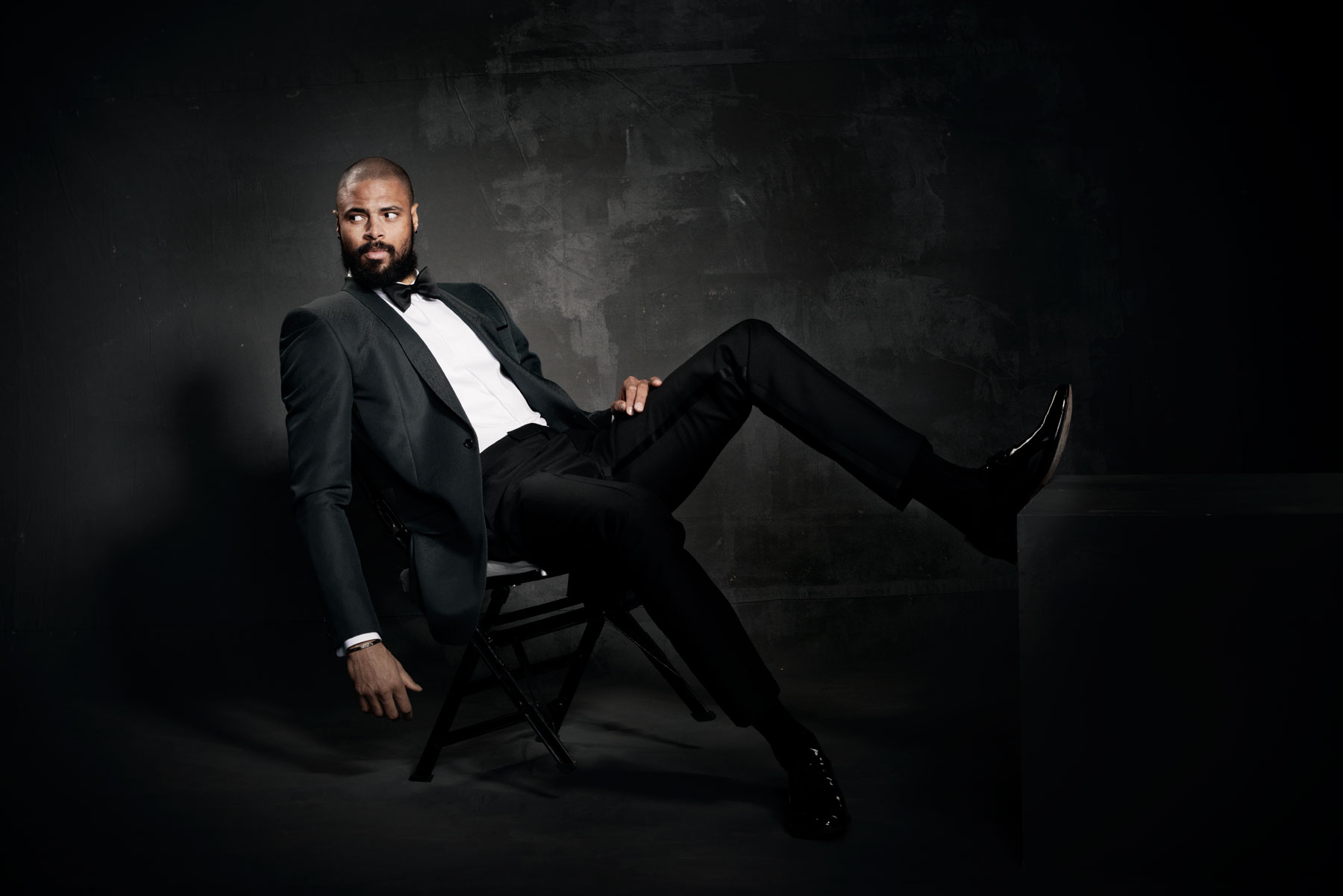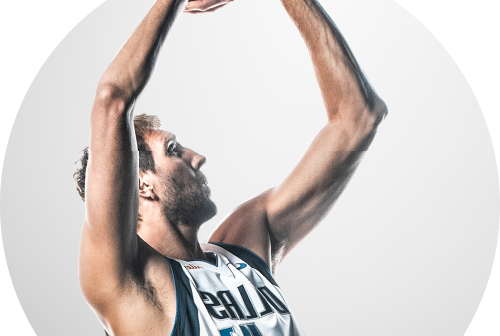Tyson Chandler and I are in a corner of the Mavericks’ locker room that’s decorated in the style of a home-theater display at a Best Buy, overly masculine and slightly dated. We’re sitting next to each other in black recliners built for giant men; my feet dangle just above the floor. If Chandler were my size, if he were a foot shorter, he’d probably find a way to make it work. Even at that height, he’d still look like somebody. Maybe not an athlete—or maybe not a basketball player, anyway—but definitely someone you should know. I point out that he’s been famous since he was a junior in high school.
“I’ve been famous since I was a freshman in high school,” Chandler says, barely forceful enough for italics. He’s not boasting, because only a senior in high school would boast about something like that.
He’s handsome under the scraggly, hostage-crisis beard he has insisted on wearing for a few years now and is, as they say, put together. His Nike sweat suit perfectly matches the black, gray, and venom green of his retro Air Jordan 10s. His ensemble is accented by black diamond earrings the size of wasabi peas and a gold chain so thin it’s practically fictional. It’s an expensive yet subtle look, wealthy more than rich, a Mercedes instead of a Ferrari.
What sets Chandler apart, though, isn’t his casually flashy clothes or the way light manages to shine through his bushel of a beard. It’s something more ephemeral. He has the shoulders-back carriage of a man fully at ease with himself, the untroubled confidence you would expect in someone who has been famous for somewhere around 54 percent of his life.
Maybe even longer. 60 Minutes filmed a segment on Chandler when he was a 6-foot-10 eighth-grader, and you could probably start the clock earlier. He was 6 feet tall when he finished fifth grade. Because of that fame, he not only skipped college—jumping straight to the NBA in 2001—but he also essentially missed out on high school, too. He did not “go pro after his sophomore or junior year,” as Lesley Stahl ridiculously suggested he might during her 60 Minutes report, but he did miss out on the normal, formative experience his friends had.
“Because I was so publicized and so recognizable, I couldn’t do the same things that teammates and classmates were able to do—and get away with,” Chandler says. “Because of that, I already, in a sense, became a professional before I was a professional, because I already knew there were consequences to my actions, and that’s ultimately what being a professional is about.”
Can you imagine discovering as a teenager that your future had been predetermined based almost solely on your height? It’s like the plot of a YA novel no one would read. In Chandler’s case, his genetic lottery ticket paid off. By the time he came to Dallas in 2010, he had already earned almost $80 million in his career. He was exactly what he was supposed to be and what he had always been, a famous basketball player.
But what do you do when that’s no longer enough? What do you do when you’ve never had a chance to do anything else?







